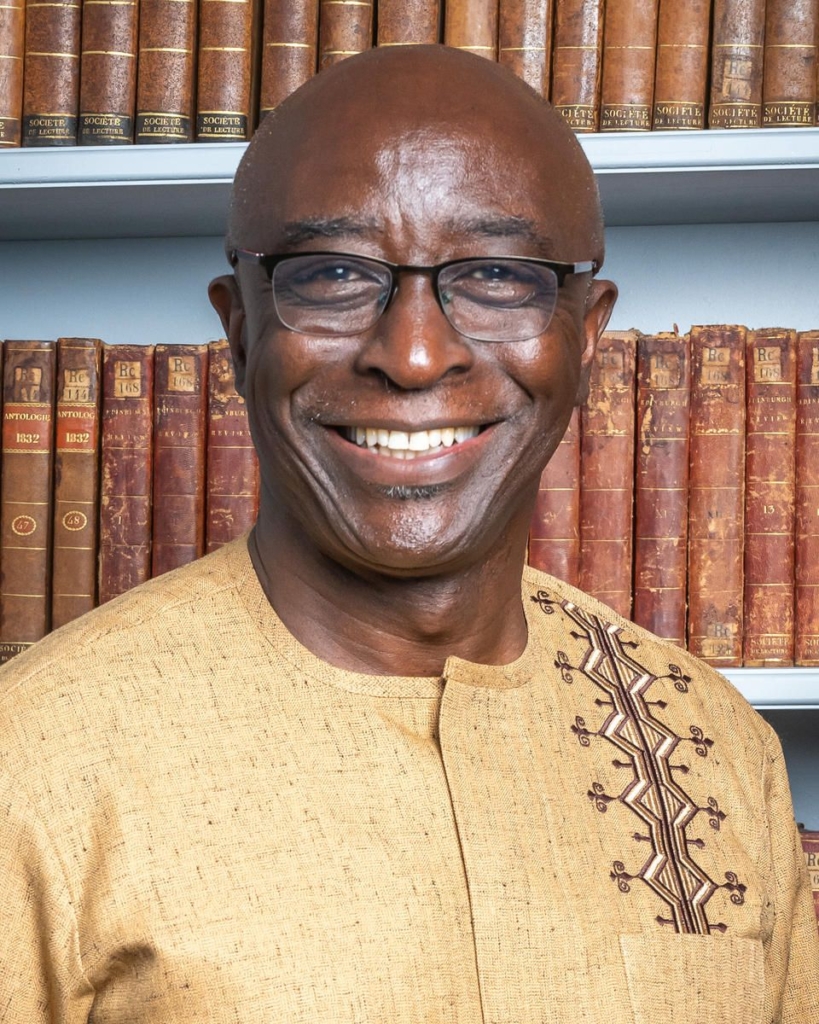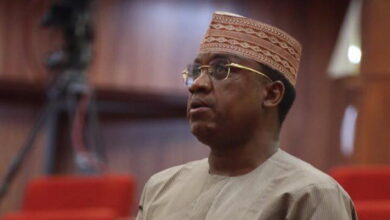Prof. Kwame Akyeampong to launch transformative book on education reform in Africa


Distinguished Ghanaian educationist and global thought leader, Professor Kwame Akyeampong, is set to launch his latest book, co-authored with Dr Sean Higgins, titled “Reconceptualising the Learning Crisis in Africa: Multi-dimensional Pedagogies of Accelerated Learning Programmes.”
The launch is scheduled for 22nd October 2025 at the Kempinski Hotel Gold Coast City, Accra.
The book offers a compelling critique of long-held global narratives that have portrayed Africa’s education systems as inadequate.
Drawing on extensive research, fieldwork, and case studies from Ghana, Ethiopia, and Liberia, the authors call for a radical rethinking of Africa’s so-called “learning crisis.”
They argue that reform efforts must move beyond test scores and literacy rates to embrace inclusive, locally grounded, and African-rooted pedagogies that reflect children’s lived experiences, local languages, and the relational philosophy of Ubuntu.
Supported by T-TEL Ghana, Luminos Fund, Jacobs Foundation, IDP Foundation, Yidan Prize Foundation, and mc2h Foundation, the event is expected to attract an esteemed audience of academics, policymakers, development partners, civil society leaders, and education practitioners from Ghana and beyond.
Professor Akyeampong, currently Professor of International Education and Development and Founding Director of the Centre for the Study of Global Development at the Open University (UK), has been a consistent advocate for educational approaches that reflect the cultural, social, and linguistic realities of African learners.
His distinguished career, spanning over three decades, includes leadership roles with UNESCO and advisory positions with organisations such as the Luminos Fund, T-TEL, Jacobs Foundation, Yidan Prize Foundation, mc2h Foundation, and the Ghana Centre for Democratic Development (CDD-Ghana).
In Reconceptualising the Learning Crisis in Africa, Akyeampong and Higgins contend that:
- The “learning crisis” in Africa is not only a technical issue but also an ethical failure of the international community to ensure educational justice.
- Deficit framing of African children, teachers, and communities diminishes their identity, agency, and potential.
- The use of local languages in early education is a vital yet neglected factor in improving learning outcomes.
- Accelerated Learning Programmes (ALPs) provide scalable models from which mainstream education systems can draw valuable lessons.
- The involvement of parents, families, and communities is essential for improving foundational learning.
- Any sustainable education reform in Africa must be anchored in African values and philosophies, particularly Ubuntu.
The book features illustrative case studies, including Ghana’s Complementary Basic Education (CBE) programme, Ethiopia’s Speed Schools, and Liberia’s Second Chance Programme, all of which demonstrate the success of contextually relevant ALPs in supporting out-of-school and underperforming children.
The launch will include a keynote address, author presentations, a panel discussion featuring leading education practitioners, and a book signing and networking session.
The event aims to spark a critical dialogue on how the book’s insights can inform ongoing education reforms in Ghana and across Africa.
DISCLAIMER: The Views, Comments, Opinions, Contributions and Statements made by Readers and Contributors on this platform do not necessarily represent the views or policy of Multimedia Group Limited.
DISCLAIMER: The Views, Comments, Opinions, Contributions and Statements made by Readers and Contributors on this platform do not necessarily represent the views or policy of Multimedia Group Limited.
Source link





